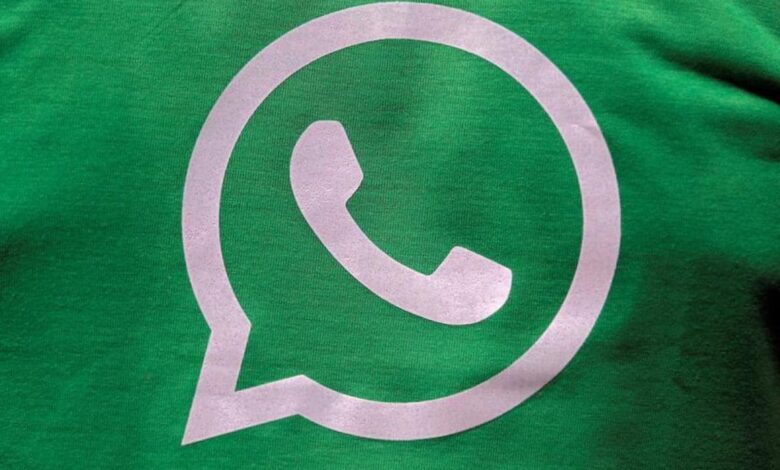WhatsApp and Meta Collaborate to Launch Helpline to Counter AI-Generated Misinformation in India

In an effort to combat the spread of misinformation, particularly that generated by artificial intelligence (AI) and deepfakes, Meta and the Misinformation Combat Alliance (MCA) have announced the upcoming launch of a helpline on WhatsApp in India. This safety feature aims to empower users to report instances of misinformation, leveraging a collaborative effort between Meta and MCA.
The WhatsApp Helpline will function as a chatbot, allowing users to easily report messages suspected of spreading misinformation or being AI-generated deepfakes. Deepfakes refer to AI-generated content, often in the form of images or videos, designed to impersonate individuals or manipulate facts and objects with the potential to mislead viewers.
The MCA will establish a central ‘deepfake analysis unit’ in collaboration with its fact-checking member organizations. This unit will assess and verify each reported message. If the content is confirmed as misinformation or an AI-generated deepfake, it will be debunked, and the messages may be deleted. The chatbot will be available in English and three regional Indian languages: Hindi, Tamil, and Telugu.
The initiative focuses on a four-pillar approach: detection, prevention, reporting, and awareness. The WhatsApp Helpline is expected to enhance access to reliable information and provide a platform for verifying messages. The feature is anticipated to be available by March 2024.
Meta already runs multiple fact-checking programs in India, collaborating with 11 independent agencies dedicated to preventing the spread of misinformation on its platforms. WhatsApp users currently have the option to flag messages to more than 50 International Fact-Checking Network (IFCN) member organizations for verification. Additionally, fact-checking agencies operate WhatsApp Channels, offering users timely access to verified and trusted information. The platform also implements measures to limit the spread of misinformation, such as placing a cap on forwarded messages.



